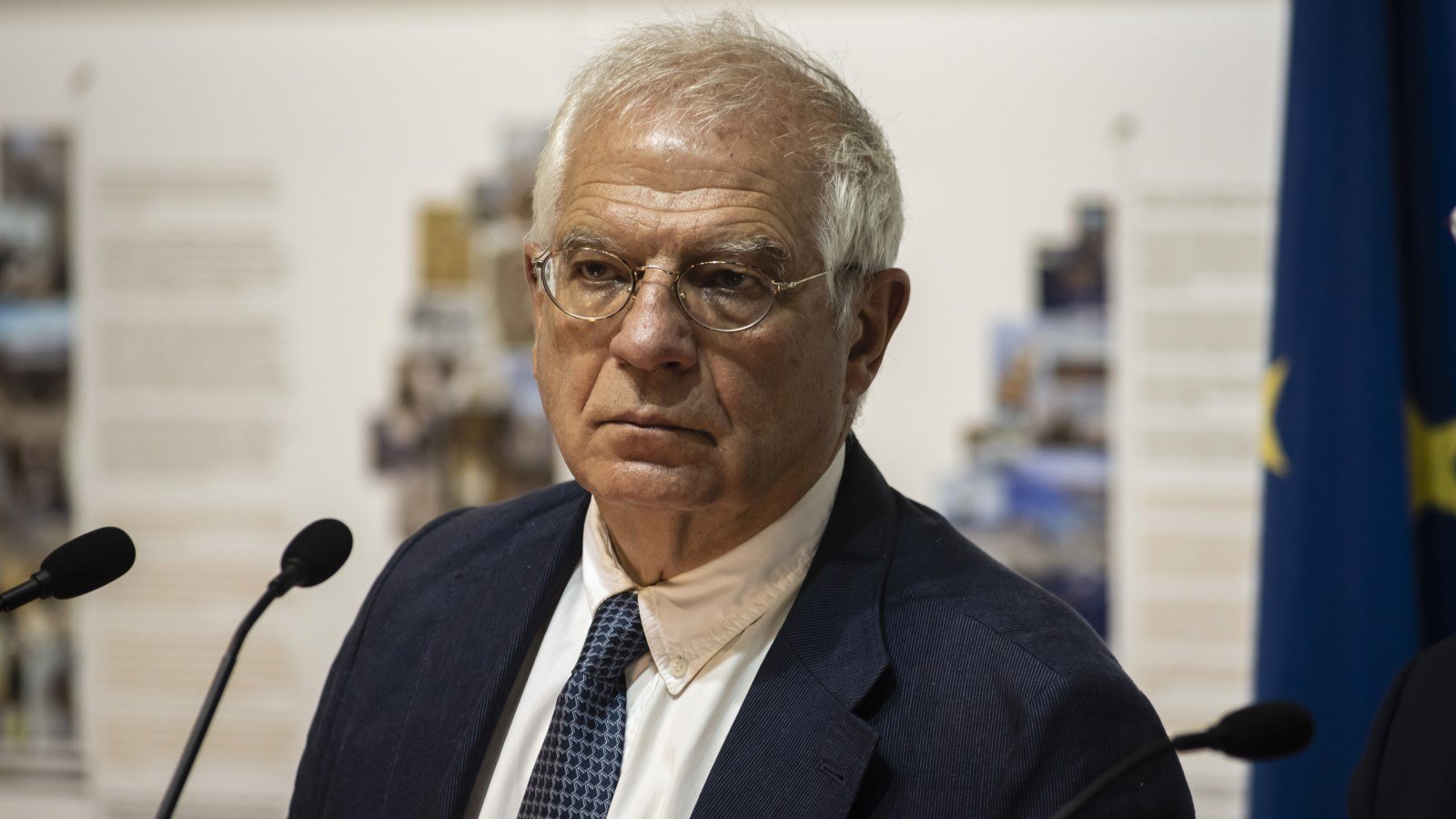JCPOA members agree with Iran, US response awaited on draft: Borrell
EU's top diplomat says most countries in JCPOA agree with Iran on reviving the 2015 nuclear deal in the bloc's latest proposal as all sides wait for the US' response.

The European Union's top diplomat, Josep Borrell, says most countries that are part of discussions with Iran on reviving the 2015 nuclear deal say they agree with the bloc's latest proposal as all sides wait for the United States to respond after Tehran gave its opinion on the draft.
Borrell said during an interview with Spain's national broadcaster TVE on August 23: "Most of them agree, but I still don't have the answer from the United States, who I understand have to discuss it, and we expect during this week to receive an answer". This comes after his Tweet last month urging a decision to be made as soon as possible.
US responsible for delay
After the EU sent the proposed text to both Tehran and Washington in late July, Iran responded with several comments last week and Washington says it is working as quickly as it can to put together an appropriate response to Tehran's comments on the draft text.
Iranian Foreign Ministry Spokesperson, Nasser Kanaani, announced Monday that "the EU has not yet received a response from the US regarding the JCPOA agreement," pointing out "Washington's responsibility for not reviving the nuclear agreement."
US State Department spokesperson Ned Price commented on August 22 that Washington said it was encouraged by Iran who put forward demands such as the lifting of the terrorism designation for Iran's Revolution Guards Corps (IRGC), but added there were still outstanding issues that must be resolved. Iranian top nuclear negotiator Ali Bagheri Kani stressed that the round of negotiations in Vienna is a test of the seriousness and realism of Washington to reach an agreement.
New round due this week
Iran reached the Joint Comprehensive Plan of Action (JCPOA) in 2015 with the United States, France, Germany, Britain, Russia, and China. The deal saw Iran agree to limit its enrichment of uranium under the watch of UN inspectors in exchange for the lifting of most economic sanctions.
In 2018, Washington unilaterally withdrew from the nuclear pact under then-President Donald Trump, reintroducing sanctions. Negotiators from Iran, Russia, and the EU, as well as the United States, indirectly resumed talks over Tehran’s nuclear deal on August 4 in Vienna after a months-long standstill in negotiations.
Iran has sought to obtain guarantees that no future US president would repudiate the JCPOA if it were revived. Borrell said in the TVE interview that Iran has requested a few adjustments to the EU proposal, which has not been made public.
A day earlier, he commented that the answers Tehran gave to the draft were "reasonable" and that a new round of talks could be held as early as this week.

 3 Min Read
3 Min Read








